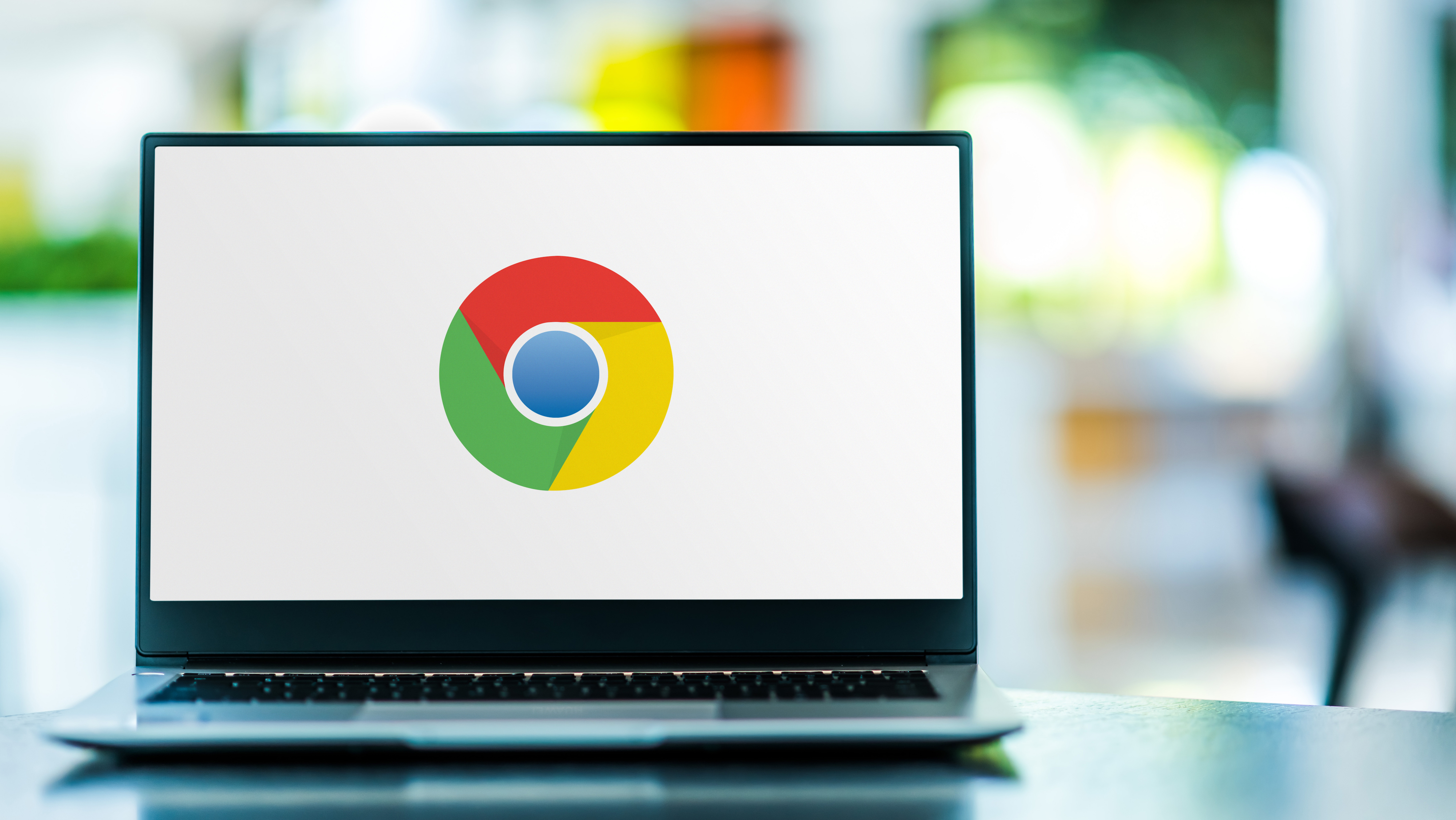Google kills FLoC, unveils new plan to replace tracking cookies — here's how it works
Out with FLoC, in with Topics

Google has ditched its planned user-profiling system, FLoC, and is instead developing a new system called Topics, the company announced today (January. 25).
Topics, described by Google Senior Director of Product Ben Galbraith as "one of the most ambitious efforts we've ever undertaken" during a conference call with reporters, is meant to replace third-party advertising cookies in Chrome by the end of next year.
But you won't be able to use or try Topics just yet. Developer trials begin in a couple of months, and user trials are still a long way off.
Fuzzier definitions
Topics seems pretty different from FLoC, which stood for Federated Learning of Cohorts. FLoC was intended to analyze your browsing data and place you in one of several thousand "cohorts" made up of Chrome users with similar interests.
By comparison, Topics seems more general and should give websites and advertisers much fuzzier data about individual users.
So if you're a theoretical 35-year-old Canadian woman — let's call her Sam — who listens to death metal, drives Ford trucks and breeds Russian Blue cats, FLoC would have tried to find the "cohort" that best matches that profile, then present that cohort to websites when Sam visited them.
The problem, as many privacy activists pointed out, was that FLoC cohorts were still pretty specific. If Sam — our Canadian truck-death-metal-cat lover — was only one of a few people in her hometown in who matched her cohort, a website could have cross-referenced her cohort with other data on people from that town to get a pretty good idea of exactly who Sam was.
Sign up to get the BEST of Tom's Guide direct to your inbox.
Get instant access to breaking news, the hottest reviews, great deals and helpful tips.
Not so with Topics. Instead of placing you into cohorts, it simply assigns you up to five areas of interest, or topics, every week, depending on your browsing history.
So rather than being put into a box with other people who were very similar to her, Sam might instead be allocated topics such as "Trucks," "Heavy metal," and "Cats," plus a couple of other topics based on whatever she was looking at online that week — perhaps "Home appliances" and "Sports."
Notice that the Topics are pretty general. Galbraith said there were only about 350 Topics in use at the moment, hence "Cats" instead of "Russian Blue cats."
Websites won't get everything about you
Now, it could still be possible to match these different Topics to build up a pretty solid user profile and match it to real-life individuals. But Google plans to make that difficult by not giving websites the full picture.
Instead of giving each site all of a user's Topics, Google will give it only three, one each selected randomly from each weekly set of five generated over the past three weeks.
"When you visit a participating site, Topics picks just three topics, one topic from each of the past three weeks, to share with the site and its advertising partners," wrote Google's Vinay Goel in a blog post today.
So Sam could have as many as 15 separate Topics built up, but each site would see only three of them, and each site would get a different set, more or less. (The number of possible combinations would max out at 75.)
Site A might get "Cats," "Trucks" and "Home Appliances," while Site B might get "Trucks," "Heavy Metal" and "Sports." All of those Topics would be relevant to Sam and the advertisers could feel confident they weren't wasting their money, but they wouldn't get Sam's full profile, at least not immediately.
Churning the data
Of course, given enough time and enough websites, a large ad network could build up enough data about Sam to generate a pretty complete profile.
Google is making this somewhat more difficult by deleting all Topics that are more than three weeks old and replacing them with new batches. But because most humans are creatures of habit, each new set of a particular individual's Topics is probably going to look a lot like the ones that came before it.
All of this activity is supposed to happen right on the browser on your phone, laptop, tablet or desktop, Google says — nothing will be happening on Google's servers. We asked Galbraith whether some older devices might not be able to perform these tasks, but he said the computational requirements were so low that that shouldn't be an issue.
Because everything is held in the local browser, you should be able to edit and even remove individual Topics that are currently assigned to you, or opt out of the system altogether. Galbraith said Google hadn't decided yet whether Topics will be opt-in or opt-out for end users.
Paul Wagenseil is a senior editor at Tom's Guide focused on security and privacy. He has also been a dishwasher, fry cook, long-haul driver, code monkey and video editor. He's been rooting around in the information-security space for more than 15 years at FoxNews.com, SecurityNewsDaily, TechNewsDaily and Tom's Guide, has presented talks at the ShmooCon, DerbyCon and BSides Las Vegas hacker conferences, shown up in random TV news spots and even moderated a panel discussion at the CEDIA home-technology conference. You can follow his rants on Twitter at @snd_wagenseil.

